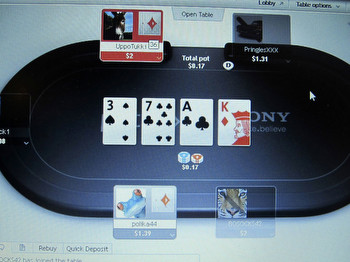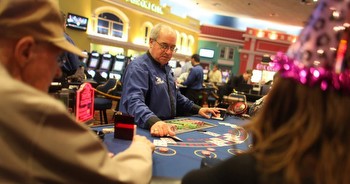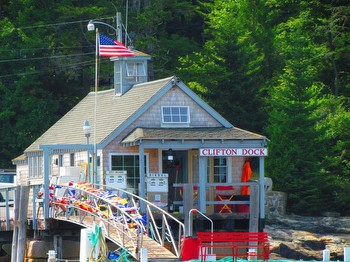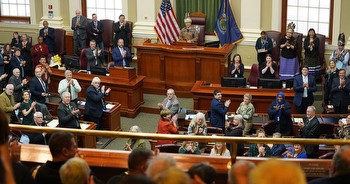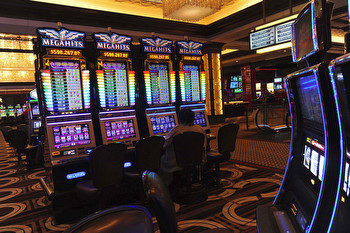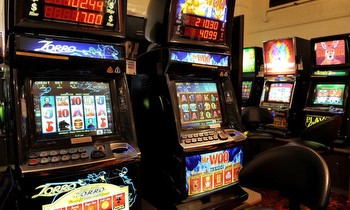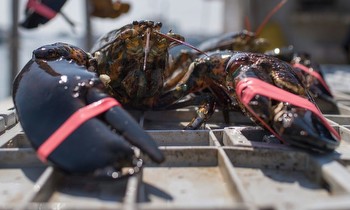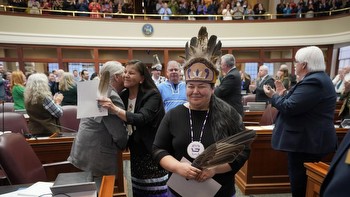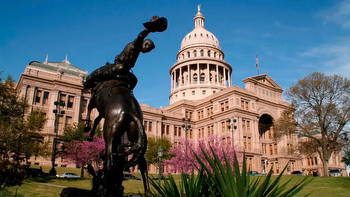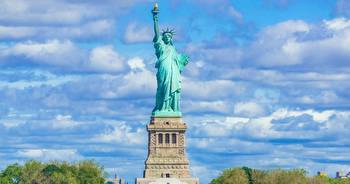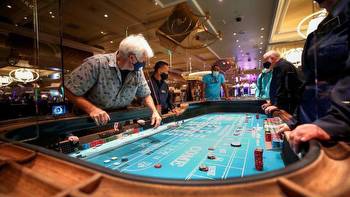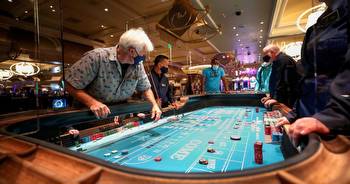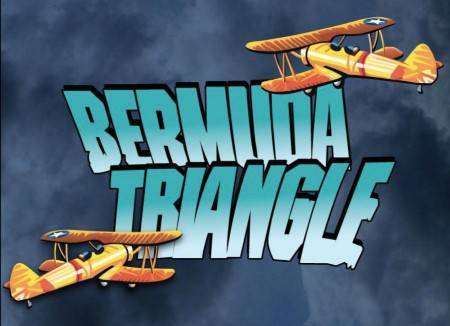Maine Online Casino Bill Moves Forward
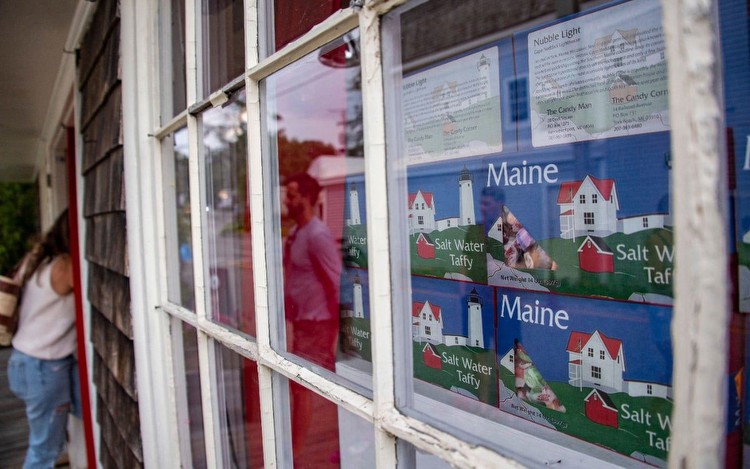
A group of Maine lawmakers late Thursday voted an online gambling bill out of its workgroup with a changed tax rate and with the tribes in charge. As the proposal currently stands, the state’s four tribes, which already have a monopoly on online sports betting, would also have a monopoly on online casino. The Joint Standing Committee on Veterans and Legal Affairs approved an amended version of LD 1777, 7-1.
PENN Entertainment and Churchill Downs, Inc. own brick-and-mortar casinos in the state, but would not be allowed to offer gambling platforms. On the sports betting side, that has meant that PENN’s ESPN BET is not available. Caesars Sportsbook and DraftKings are partnered with tribes for wagering.
Maine lawmakers are among a small handful considering online casino across the country this session. Lawmakers in Maryland have been regularly discussing and negotiating what online casino would look like, but do not yet have a clear path to legalization. In February, an online casino bill in Wyoming died in the House, and politicians in New York have been pushing to legalize, but don’t have the support of the governor.
In Maine, Gov. Janet Mills upended a legal sports betting proposal in 2022, giving the tribes a monopoly. The move was considered an olive branch to the four tribes, none of which are federally recognized. Online gambling was included in that agreement, but lawmakers must still craft a legislation to make it so. The apparent goal with online casino would be the same — tribes would hold the licenses, and commercial operators could partner with them. Caesars and DraftKings, which just last month expanded their offerings through what some are calling a game-changing deal with lottery company Jackpocket, both have iCasino products they could offer.
New tax rate, fees
Thursday’s work session stretched out until nearly 6 p.m. local time, and resulted in lawmakers tabling discussion on a bill that would legalize historical horse racing. The group will pick up discussion on that proposal and one that would allow veterans groups a slice of the online gambling pie March 7.
The main bill, LD 1777, has been amended since it was filed. The bill started by proposing a 25% tax rate on online gambling, but that has been reduced to 16%. In the initial version of the bill, licensees would have paid a $200,000 application and renewal fee, with licenses being valid for four years. The latest amendment changes the fees to $50,000 per year.
Lawmakers also spent considerable time discussing what proportion of state revenue from online gambling would be earmarked for problem and responsible gaming initiatives, educational programs, and the like. Bill sponsor Rep. Laura D. Supica said repeatedly during the work session that her proposal could — and likely would — continue to be amended through the legislative process. Sources say whatever the outcome, it is unlikely Mills will sign it.
Maine’s legislative session is in session until April 17, and there is no crossover deadline for bills to move from one chamber to the other, but bills introduced this year do not carry over.
Photo by Joseph Prezioso/Getty Images








